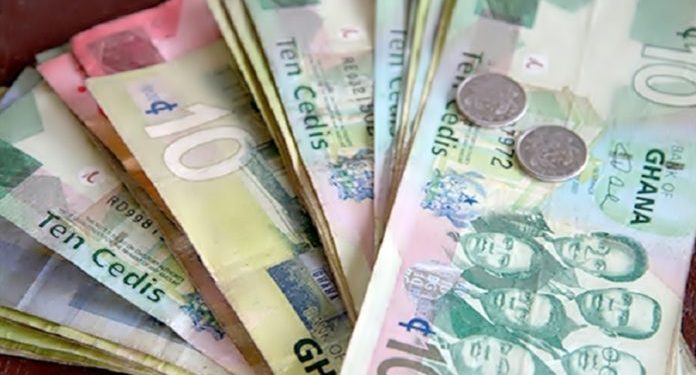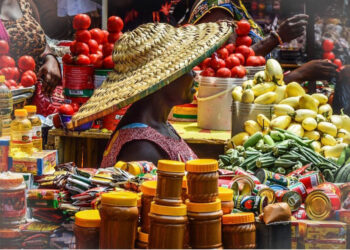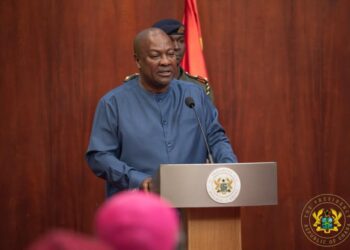The Ghana cedi has maintained its position as Africa’s best-performing currency for most of 2025, despite minor depreciation pressures in recent weeks, according to the World Bank’s latest Africa Pulse Report.
The report shows that the cedi has appreciated by over 20 percent since January, outperforming all other African currencies.
The World Bank attributes this strong showing to Ghana’s prudent fiscal and monetary policies, steady export growth, and renewed investor confidence following the country’s successful debt restructuring.
Zambia’s kwacha ranked second, gaining about 16 percent on the back of improved debt management, lower oil import costs, and a more stable supply of foreign exchange. Kenya, Tanzania, and Uganda also recorded modest currency gains, reflecting resilient export performance and a return of capital inflows to their economies.
Analysts say the cedi’s turnaround marks a sharp contrast to its steep depreciation last year, describing the rebound as evidence of Ghana’s improving economic fundamentals and sound policy direction.
The World Bank notes that a generally weaker U.S. dollar, higher commodity prices, and easier global financial conditions have contributed to the stabilization of several African currencies this year.
Nonetheless, the cedi has recently come under mild pressure as import demand rises ahead of the Christmas season and expectations of increased government spending build toward the December elections.
To counter these pressures, the Bank of Ghana has announced plans to inject about $1.15 billion into the forex market to support liquidity and stabilize the currency.
Economists, however, caution that maintaining the cedi’s gains will depend on Ghana’s sustained commitment to fiscal discipline, diversification of exports, and the continuation of key structural reforms to secure long-term stability.





































